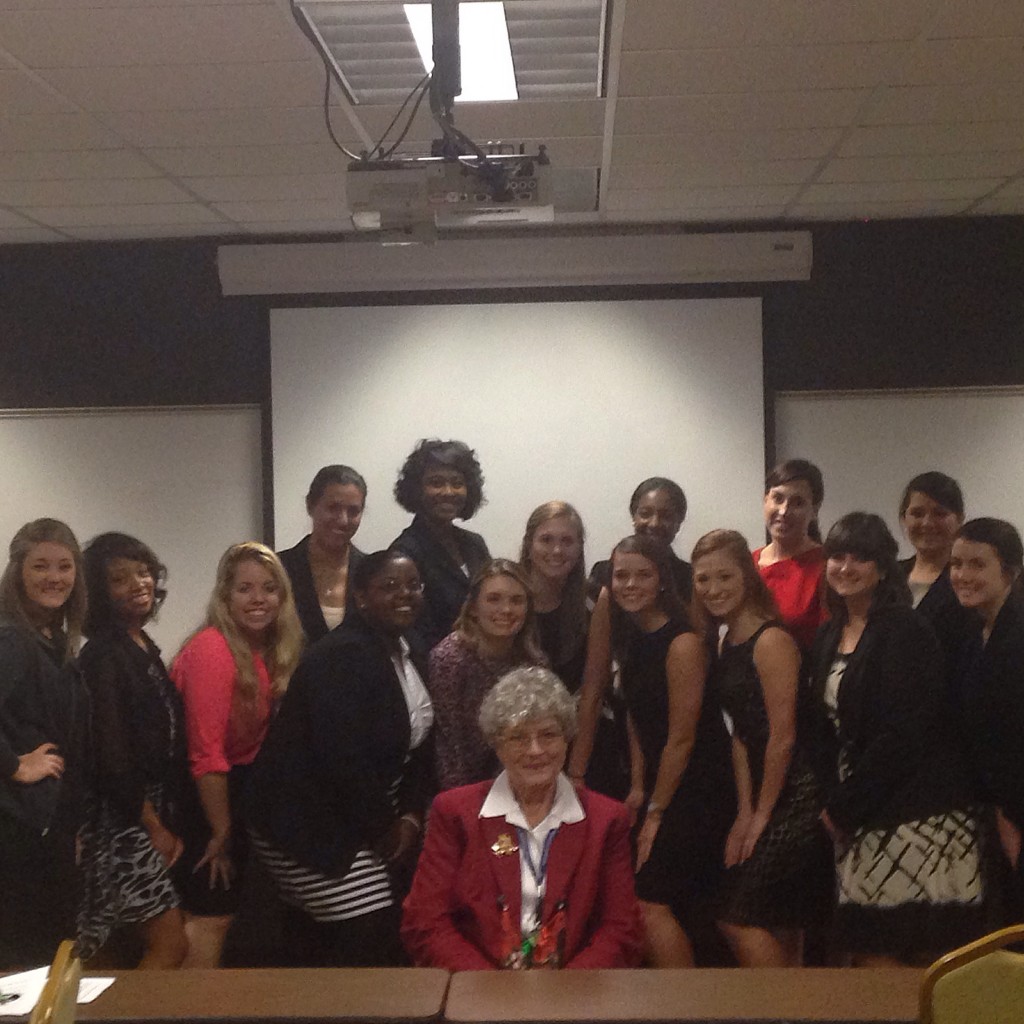By: Arielle Sanders
Millennials—the generation of young adults born between 1982 and 2000—are coming of age in the workplace, and Dr. Shirley Serin is interested in how this generation is faring as public relations professionals.
She and her research partner, Dr. Diane Krider, who teaches public relations at Central Michigan University, spent the summer conducting focus groups in six states. They are interested in workplace issues and leadership potential of the young adults who are engaged in public relations work.
Serini received a $5,000 VSU Faculty Research Seed Grant to subsidize her part of the project, which involved conducting six focus groups with members of the Public Relations Society of America in New York, Kentucky, Georgia, and Florida.
“Everything I read pointed out the negative qualities of the generation,” Serini said. “We wanted to know what they were doing right so we asked, “What unique qualities do you see in Millennials that will position them to be leaders?”
She received many positive responses. While some fit the stereotype of being lazy and lacking initiative, many of the Millennials are amazing and have the potential to become great leaders, according to the focus group participants.
The way they are treated in the workplace makes a difference, Serini found. “Millennials respond better to new forms of mentoring that are evolving in the public relations profession,” she said.
The global workplace is moving away from managing people and is looking instead for leaders.
“Leaders inspire people and Millennials have the confidence to do just that,” Serini said. “They are transforming the workplace in a variety of ways, and the field of public relations is no exception. Millennials are rewriting the rules of the workplace, gaining confidence, and staring the future straight in the eyes.”
Baby Boomers are retiring at an astonishing rate, and there are not enough Gen Xers to take their place.
Millennials will be called upon to take up the reigns of leadership at a much younger age than any generation before them, Serini said.
The focus group participants identified Millennial’s creativity, connectedness through digital media, big picture thinking at the global/intercultural level, preference for working on a team, willingness to explore new ideas and better ways of doing things, and the tendency to ask the interminable “why?” as characteristics that position them well for taking their place as leaders in the near future.
She and Krider presented their findings at the Public Relations Society of America International Conference in Washington, D.C., in October, and will do so at the National Communication Association Annual Conference in Chicago in November.
Dr.Serini said her research plans include following the Millennial generation as they move toward assuming their roles as leaders in the 21st century.
